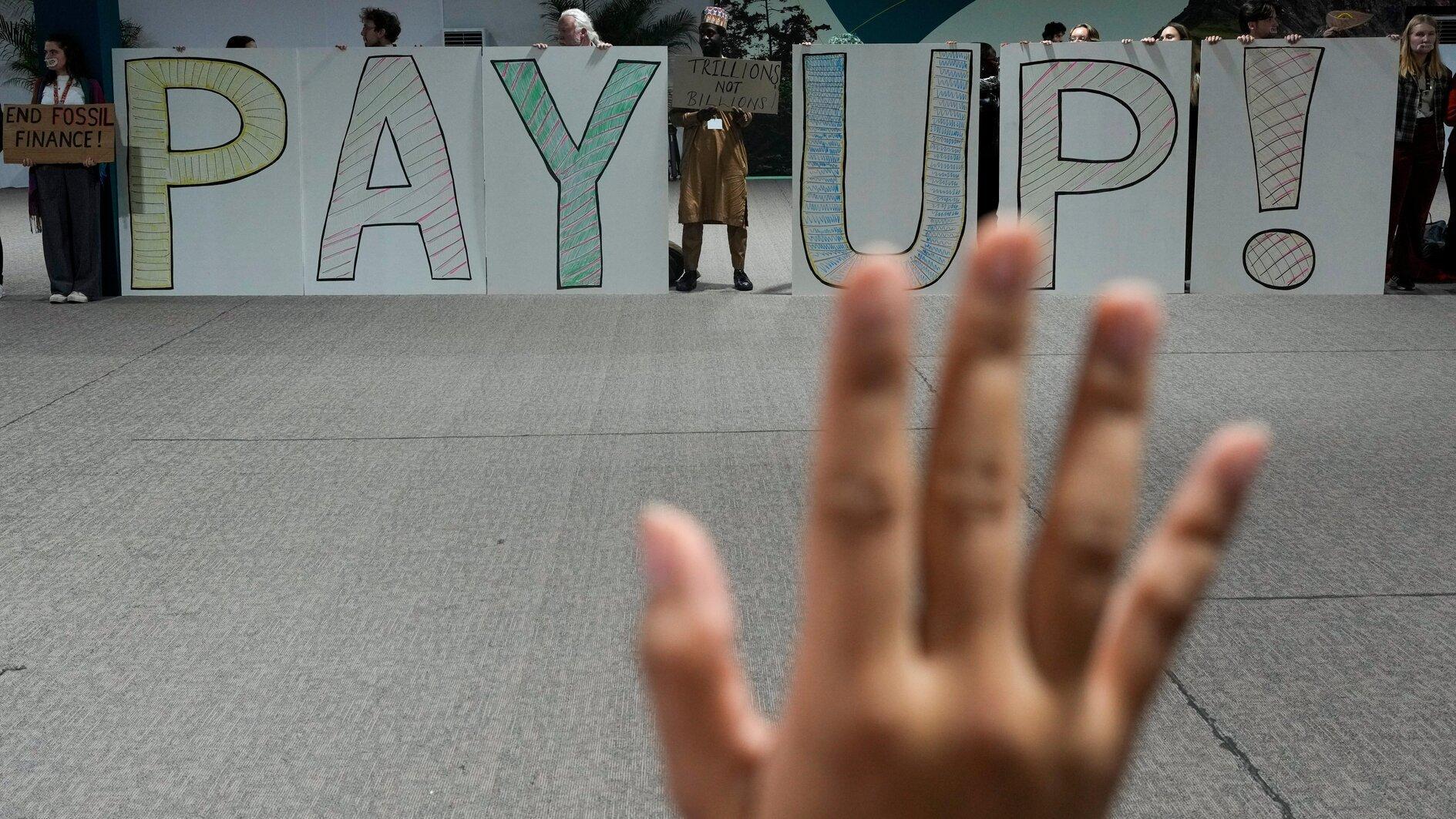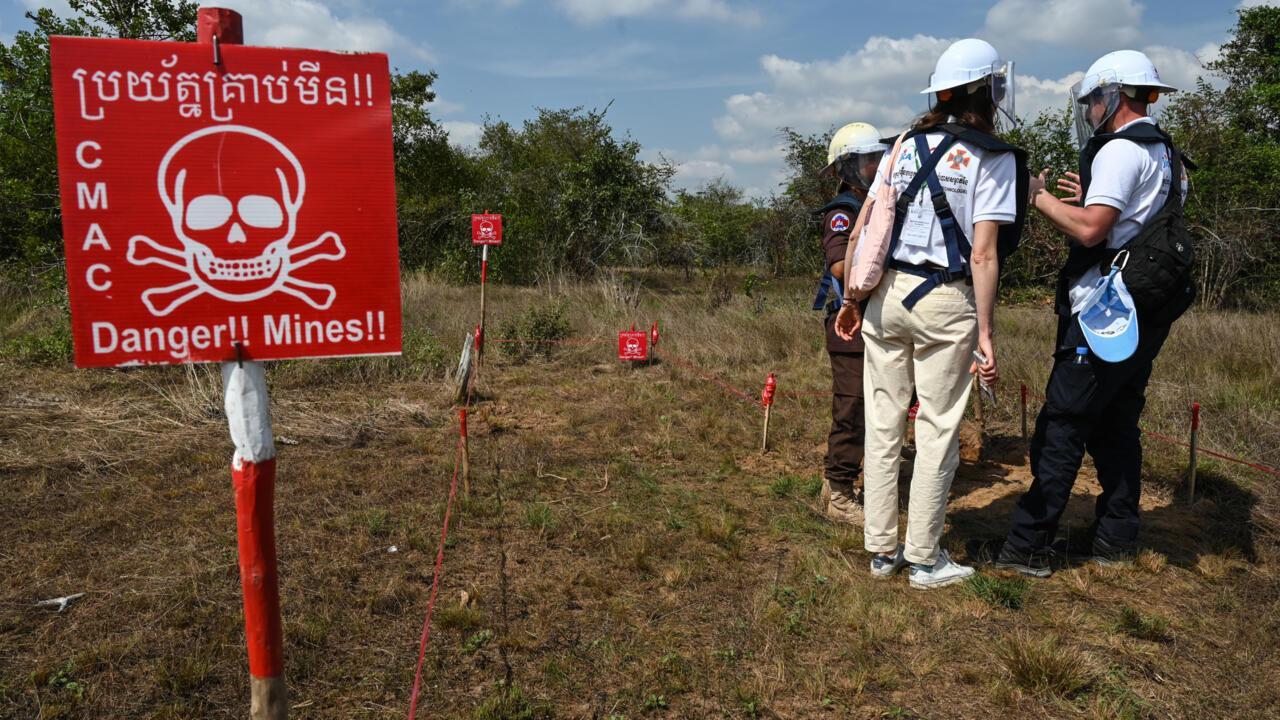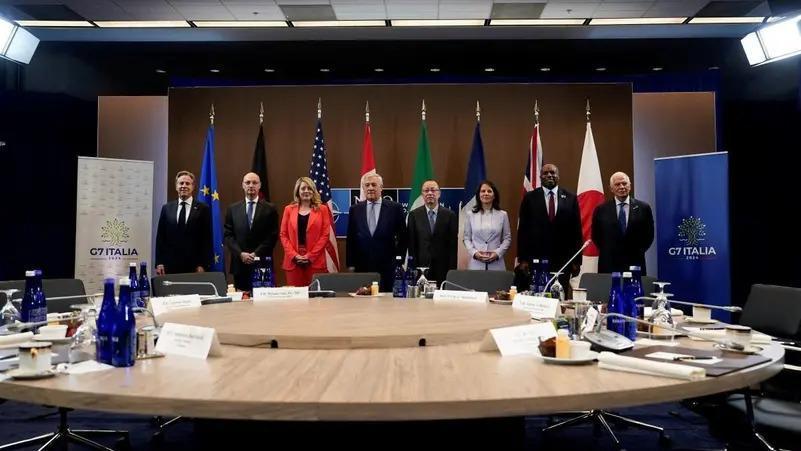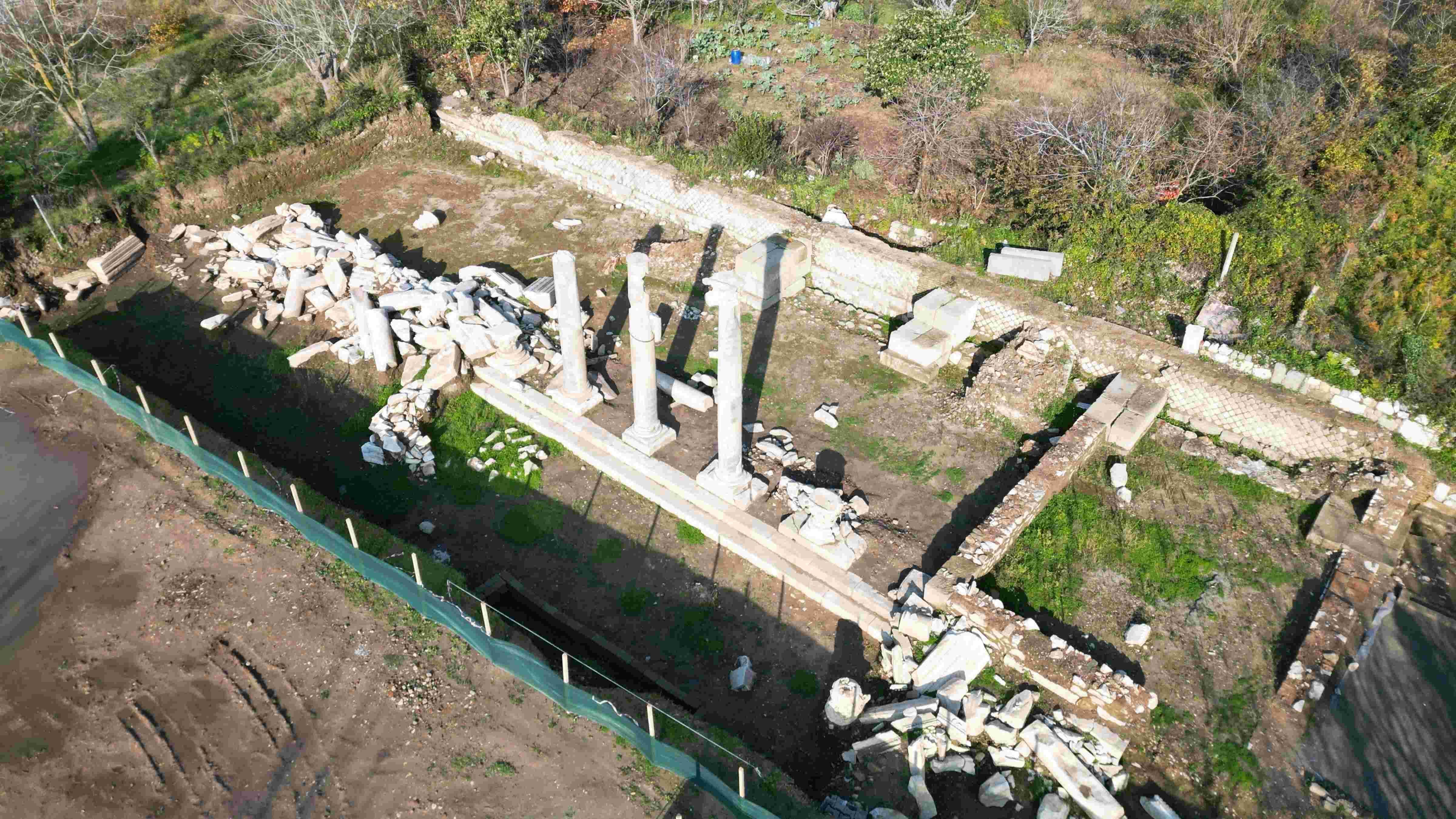Confident economy minister downplays criticism by IMF
ISTANBUL- Hürriyet Daily News
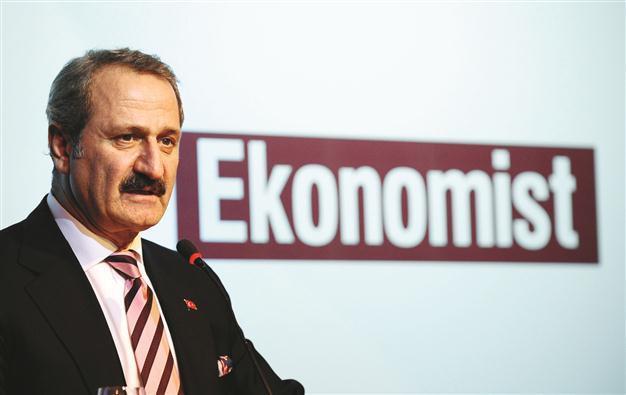
‘We are in much better shape than 19 European countries,’ says Minister Zafer Çağlayan. AA photo
Economy Minister Zafer Çağlayan has turned a blind eye to the International Monetary Fund’s pessimistic Turkey review and said the IMF, not Turkey, will have to revise its projection on the country’s 2012 growth.“We foresee 4 percent growth in 2012 and have made all our plans accordingly,” Çağlayan said at a press conference following the Turkey Innovation Conference in Ankara yesterday.
“The World Bank and the IMF have already revised their growth forecasts for 2011 and would likely revise their 2012 growth forecasts upward once more,” he said, and the government had no plans to revise its growth forecasts downward.
“We are in much better shape than 19 European countries. Europeans have begun to see Turkey as an investment hub […] and this is because of Turkey’s political and economic stability,” he said.
According to the IMF forecast released on the evening of Dec. 7, Turkey will grow by 2 percent in 2012 due to weaker capital inflows, reflecting in part concerns about Turkey’s large current account deficit.
In its critical review, the IMF said Turkey should “move toward a more transparent and consistent monetary policy framework to re-anchor inflation expectations and avoid rapid disintermediation.”
Several economists agreed with the IMF’s criticisms. Timothy Ash and Imran Zaheer Ahmad, economists at the UK-based Royal Bank of Scotland (RBS), also expect growth to be around 2.5 percent. “Growing imbalances in the economy – particularly the current account deficit, which at over 10 percent of GDP is also close to a record in an emerging market – pose a major threat to the outlook,” the economists said in a note to investors.
Furthermore, economists pointed out core inflation has been rising, reaching a four-year high at 8.1 percent in November, casting further doubt on what they claim is the effectiveness of the Turkish Central Bank’s unorthodox monetary approach.
Turkey may get the technical recession, i.e. two quarters of negative growth, as early as at the end of this year, according to Emre Deliveli, an Istanbul-based economist and a Daily News columnist. “But even if the country evades the technical recession miraculously, a slowdown from this year’s projected 7.5 to 2 percent is quite a slowdown,” he said in response to the Daily News questions.
“Besides, 2 percent is significantly below Turkey’s potential growth rate, which many Turkey economists believe to be around 5 percent. So technical recession or not, 2 percent is a significant slowdown for the Turkish economy.”
Citi Group said yesterday it expected 2.5 percent growth next year. “Indeed there may be some downside risk to that number, given uncertainties over the exchange rate and monetary policy environment, as well as knock-on effects from the recession in Europe,” Citi Group’s note said.
The IMF also said Turkey should tighten fiscal policy and consider raising the benchmark interest rate in a rebalance of its monetary policy to ensure the economy has a soft landing. Its 2012 inflation rate forecast is 6.5 percent.
“For the 6.5 percent inflation to materialize, we would need continued tight monetary policy, a considerable slowdown in economic activity, limited pricing power by firms that would limit the exchange rate pass-through, no further lira depreciation and no more major taxes,” Deliveli said.
“While the first two are possible, believing all these outcomes will materialize requires an optimism bordering that of Pollyanna.”


